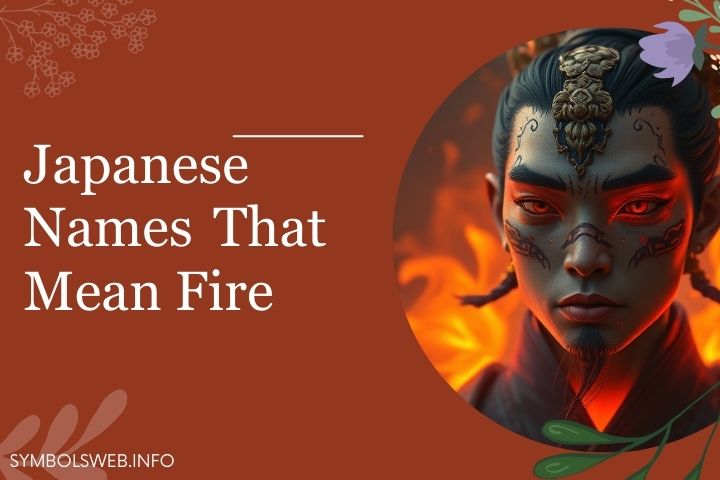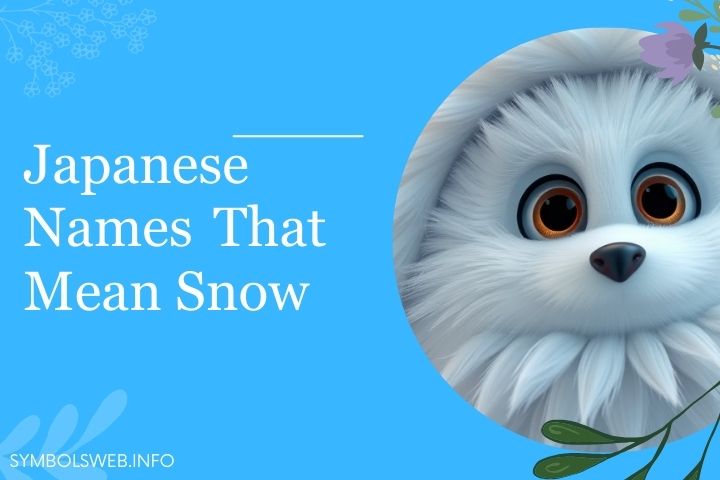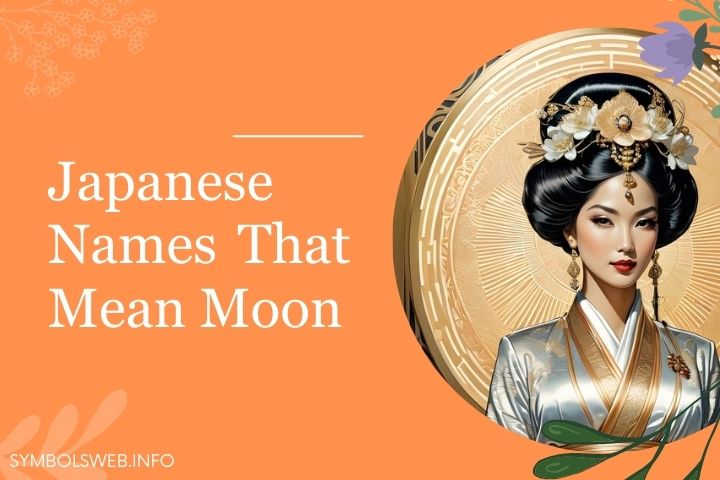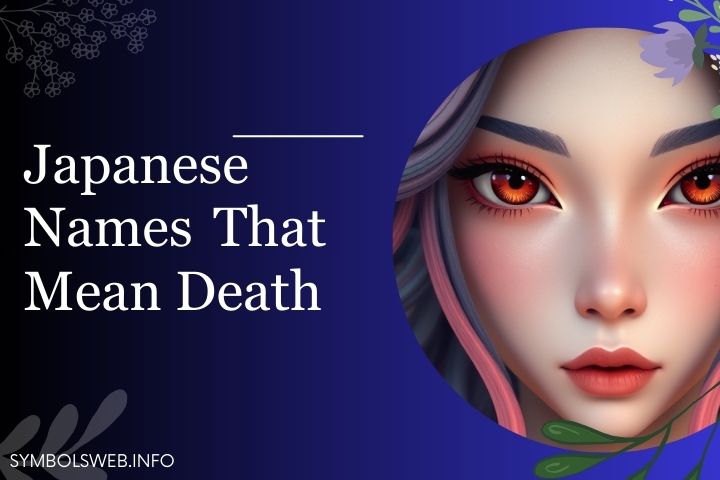Japanese names often carry deep meanings and cultural significance, making them a popular choice for parents seeking unique and meaningful names for their children. Among these Japanese names that mean fire are particularly captivating, symbolizing passion, energy, and transformation. Choosing a name with such vibrant connotations can imbue your child’s identity with a sense of strength and dynamism.
Names like “Hinote,” which directly translates to “fire,” or “Kazuya,” meaning “peaceful fire,” beautifully encapsulate the duality of calmness and intensity. Another compelling option is “Homura,” which evokes the image of blazing flames. These names not only reflect the fiery element but also embody qualities such as resilience and warmth.
Incorporating a name that means fire can be an inspiring choice, offering your child a lifelong connection to powerful imagery and cultural heritage. Whether you are drawn to the symbolism or simply love the sound of these names, they provide an excellent way to honor Japanese tradition while giving your child a distinctive identity.
Male Japanese Names That Mean Fire
Explore male Japanese names that mean fire! Uncover powerful selections that symbolize courage and energy for your child’s bright future.
Akira (bright fire) – Akira signifies brightness and clarity, symbolizing a clear path and a bright future.
Aki (autumn fire) – Aki reflects the fiery colors of autumn, evoking warmth and transformation.
Asahi (morning fire) – Asahi represents the dawn of a new day, symbolizing hope and a fresh start.
Daisuke (great fire) – Daisuke suggests strength and power, embodying greatness through fiery passion.
Enji (flame) – Enji embodies a simple yet profound intensity, focusing on purity of spirit.
Entaro (flame boy) – Entaro indicates youthful exuberance combined with fiery enthusiasm.
Kenta (strong flame) – Kenta symbolizes strength and resilience, akin to a flame that withstands adversity.
Kotaro (peaceful flame) – Kotaro signifies harmony, with a quiet yet powerful fire within.
Mamoru (protective flame) – Mamoru embodies a caretaker’s spirit, with warmth and protection.
Masaki (correct flame) – Masaki stands for righteousness and integrity, indicating a well-aligned purpose.
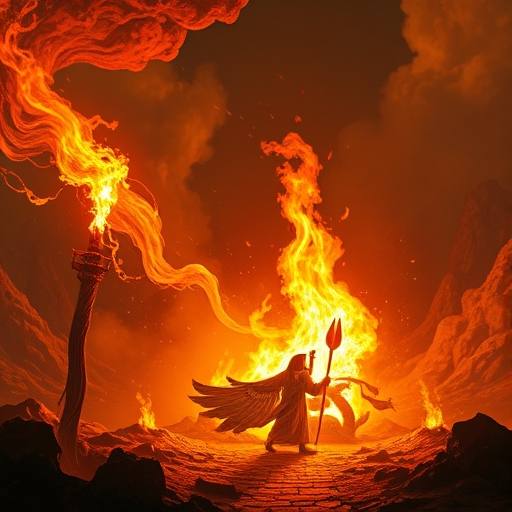
Noboru (rising flame) – Noboru represents growth and ambition, like a flame reaching upwards.
Ryota (refreshing fire) – Ryota signifies rejuvenation, akin to a lively, invigorating energy.
Shou (soaring flame) – Shou symbolizes aspirations and dreams that are high and mighty.
Shinji (true fire) – Shinji embodies authenticity and sincerity through a pure, honest flame.
Souta (sudden flame) – Souta represents spontaneity and surprises, with a fiery spark of unpredictability.
Takeshi (fierce, fiery) – Takeshi exudes boldness and courage, like a fierce, unyielding fire.
Tatsuya (achieving flame) – Tatsuya signifies success and victory through diligent burning passion.
Taiga (big and fiery) – Taiga radiates presence and greatness, as vast and impactful as wildfire.
Taiki (great radiance) – Taiki implies an illuminating spirit, shining brightly with charisma.
Check: 70+ Japanese Names That Mean Moon
Tenka (heaven’s fire) – Tenka indicates a celestial flame, touching upon divine inspiration.
Toru (persistent fire) – Toru stands for determination, unwavering and steady as a constant flame.
Tsukasa (limitless flame) – Tsukasa embodies boundless potential and infinite energy.
Jirou (second son flame) – Jirou indicates familial strength, providing warmth and reliance.
Yuki (snow flame) – Yuki symbolizes purity and calmness, where the cold meets the warmth.
Female Japanese Names That Mean Fire
Female Japanese names that mean fire ignite passion and strength. Discover unique names with powerful meanings for your little flame!
Atsuko (warm fire) – Atsuko represents warmth and comfort, offering solace and coziness.
Fuyuka (winter fire) – Fuyuka signifies tenacity and beauty despite the cold, a heartwarming flame.
Hikari (light fire) – Hikari symbolizes enlightenment and guidance, lighting up the path ahead.
Hiromi (vast beauty and fire) – Hiromi embodies expansive beauty with a passionate glow.
Hotaru (firefly) – Hotaru represents fleeting beauty and mystery, like the magical glow of fireflies.
Kohaku (amber fire) – Kohaku signifies rich traditional beauty, encapsulating preserved warmth.
Kazue (blessing of fire) – Kazue embodies fortune and positive energy, blessed with fiery essence.
Kaoru (fragrant fire) – Kaoru combines the allure of aroma with fiery allure, suggesting subtle intensity.
Kei (blessed fire) – Kei signifies grace and favor, with warmth that is cherished and gentle.
Mitsue (light of fire) – Mitsue signifies brightness, offering clarity and glowing potential.
Natsumi (beautiful summer flame) – Natsumi embodies joy and warmth, resonating with the heart of summer.
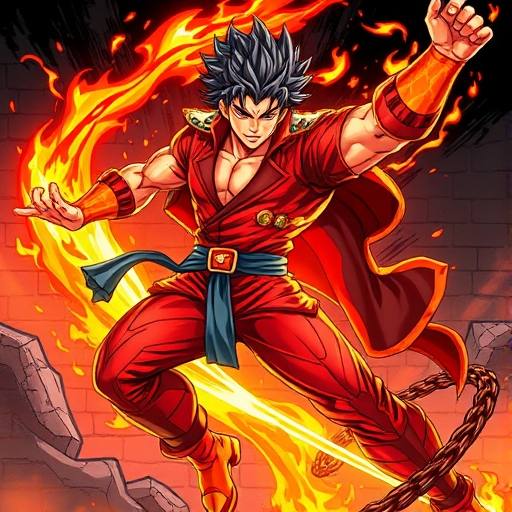
Reika (lovely fire) – Reika signifies delicate charm, with a refined and endearing glow.
Rin (dignified flame) – Rin reflects poise and self-respect, with a flame that stands upright.
Sakuya (blossoming fire) – Sakuya symbolizes flourishing vitality, like a flower in fiery bloom.
Sumiko (refined child of fire) – Sumiko embodies sophistication, balancing elegance with fiery essence.
Wakana (harmonious flame) – Wakana radiates balance and tranquility through a collected blaze.
Yasuo (calm male flame) – Yasuo represents serenity and composure amidst fiery potential.
Ayano (colorful field flame) – Ayano blends nature’s splendor with fiery brilliance, vibrant and dynamic.
Chizuru (thousand cranes flame) – Chizuru signifies peace and longevity, blessed by a gentle glow.
Chikai (vow flame) – Chikai embodies commitment and trustworthiness, like an everlasting light.
Chikara (powerful flame) – Chikara embodies energy and strength, robust and effective.
Eriko (blessed child of fire) – Eriko signifies protection and care, cherished like sacred flame.
Fujiko (child of fire wisteria) – Fujiko combines beauty with wonder, graceful and enchanting.
Haruki (shining fire) – Haruki brightens the darkness, with a blessing of fiery brilliance.
Also Check: 100+ Japanese Names for Snow With Meaning
Hoshiko (star child of fire) – Hoshiko radiates celestial charm, like guiding starlight in fiery form.
Manami (lover of fire) – Manami embodies passionate affection and warmth, enveloping hearts.
Mihoko (protected fire) – Mihoko stands for safety and security, shielded by benevolent warmth.
Nanami (seven seas flame) – Nanami represents boundless spirit and exploration, vibrant across vast horizons.
Yona (dancing flame) – Yona signifies liveliness and celebration, waltzing with the rhythm of flames.
Yuzuki (gentle moon flame) – Yuzuki embodies calmness and serenity, soothing like moonlight.
Unisex Japanese Names That Mean Fire
Discover unisex Japanese names meaning fire! Ignite your imagination with these vibrant, meaningful options for a blazing identity.
Guren (crimson lotus) – Guren signifies bold beauty and awakening, fiery yet serene.
Hibana (spark) – Hibana represents inspiration and creativity, a quick yet meaningful spark.
Hinata (sunny place) – Hinata evokes warmth and comfort, a place where energy thrives.
Homura (blaze) – Homura represents a dynamic force, vibrant and consuming.
Kaen (flame) – Kaen embodies raw power and intensity, alive and mesmerizing.
Kagutsuchi (fire god) – Kagutsuchi symbolizes the divine force of fire, commanding and awe-inspiring.
Kaya (resting place for fire) – Kaya represents a calming and nurturing space, where flames can find solace.
Kenji (strong second son fire) – Kenji signifies strength and masculine energy, with a burning determination.
Kouki (radiant flame) – Kouki embodies shining potential and radiance, with an alluring glow.
Ren (lotus flower) – Ren symbolizes purity and beauty amidst fiery passion, like a lotus blooming in flames.
Roku (sixth fire) – Roku embodies balance and harmony, with a steady yet versatile flame.
Shin (truthful fire) – Shin represents authenticity and honesty, with a pure and genuine flame.
Taki (waterfall of flames) – Taki symbolizes free-spirited energy and vitality, cascading like a waterfall.
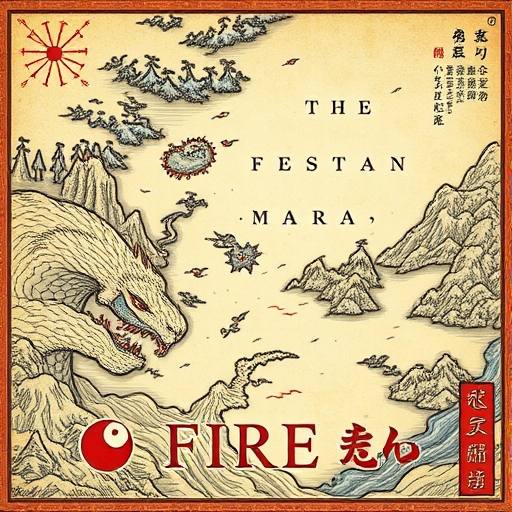
Touya (tenacious arrow fire) – Touya signifies perseverance and determination, with an unstoppable blaze.
Yori (trustworthy flame) – Yori embodies reliability and loyalty, with a stable yet warm flame.
Yuuki (courageous radiance) – Yuuki stands for bravery and boldness, with a radiant and fearless flame. End of Section
Asuka (tomorrow’s fire) – Asuka signifies potential and promise, with a glowing flame that looks to the future.
Haru (spring fire) – Haru represents new beginnings and growth, with a fresh and vibrant flame.
Kazumi (peaceful beauty of fire) – Kazumi embodies tranquility and grace, like a gentle breeze through flames.
Mariko (true child of fire) – Mariko represents authenticity and sincerity, with a bright and genuine flame.
Nao (honesty in flames) – Nao stands for integrity and truthfulness, with a sincere and steady flame.
Rai (thunderstorm of fire) – Rai symbolizes power and intensity, commanding respect like a thundering blaze.
Sora (sky fire) – Sora embodies limitless potential and freedom, soaring like a bird in flames.
Tsubasa (wings of fire) – Tsubasa represents strength and resilience, with the ability to rise from the ashes.
Yori (reliable warmth) – Yori stands for dependability and trust, with a comforting and constant flame.
Aki (autumn fire) – Aki signifies balance and harmony,
FAQs
1. What are some popular Japanese names that mean fire?
Popular names include Hiromi (熾), Akira (明), and Kaen (火炎).
2. Are there gender-specific names meaning fire in Japanese?
Yes, names like Kaito (海斗) are often male, while Hina (陽菜) can be female.
3. Can I use these fire-themed names for pets?
Absolutely! Many people choose meaningful names for their pets, and fire-themed names can be quite fitting.
4. Do these names have cultural significance beyond their meanings?
Yes, many of these names carry connotations of strength and passion in Japanese culture.
5. How do you pronounce some common fire-related Japanese names?
Hiromi is pronounced as hee-roh-mee, while Akira is pronounced ah-kee-rah.
6. Can I combine elements from different names to create a unique name?
Yes! Combining elements from different names is a common practice in naming and can yield beautiful results.
7. Is it common to give children fire-themed names in Japan?
While not overly common, they may be chosen by parents who want to convey traits like energy or determination.
8. Where can I find more information about the meanings of other Japanese names?
You can explore baby name websites, linguistic resources, or books focused on Japanese culture and language for more information.

